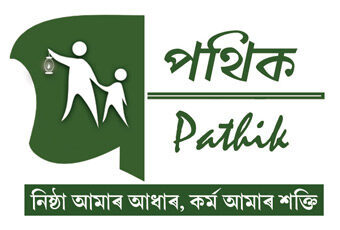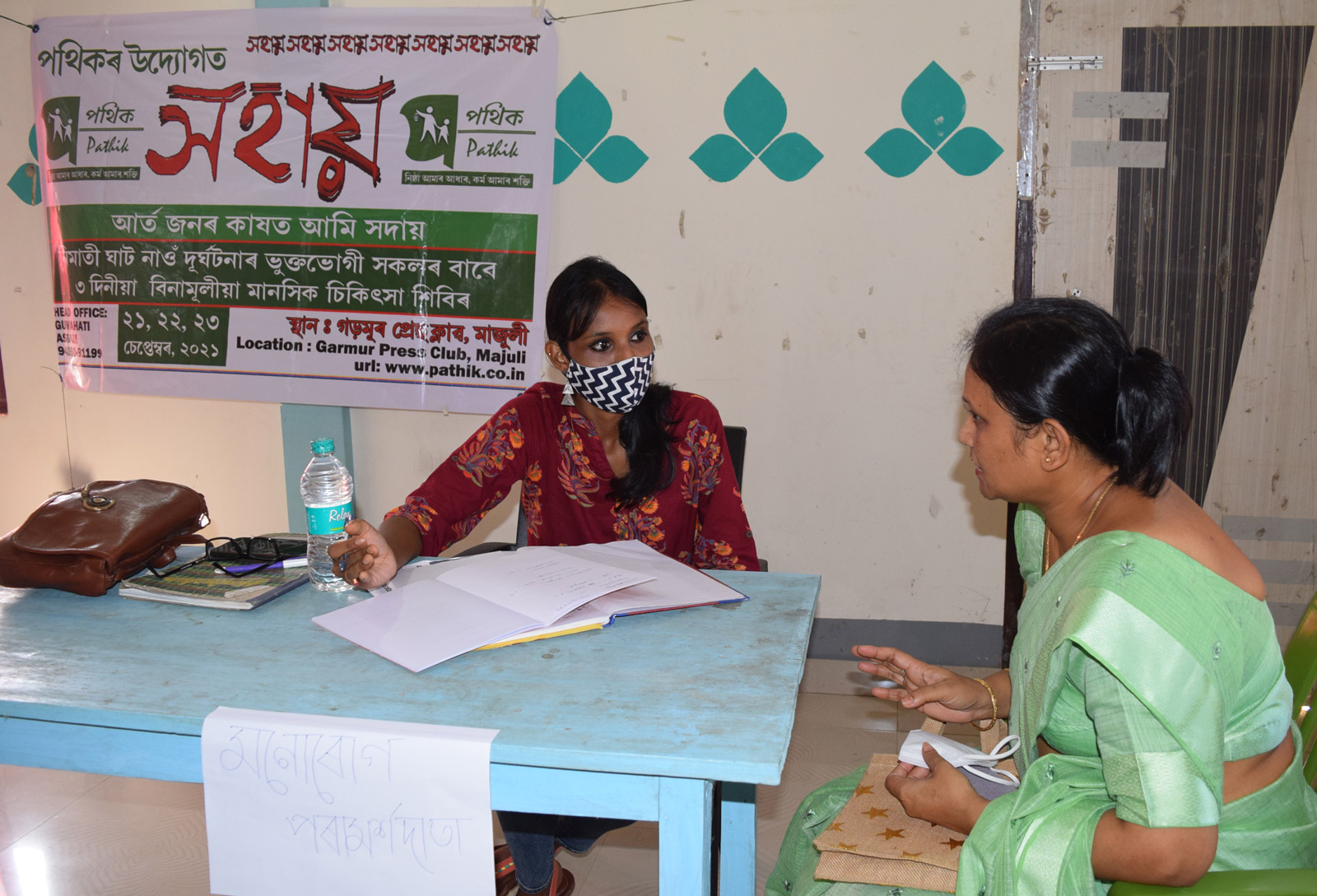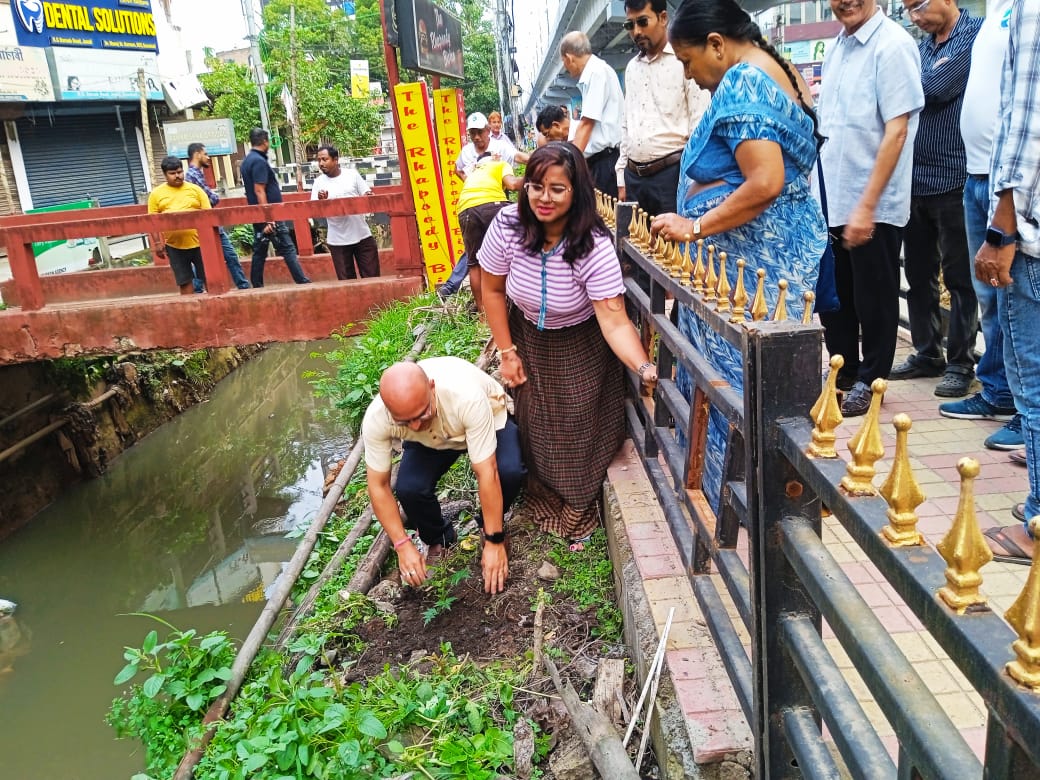In many rural areas of India, menstrual hygiene remains a significant challenge due to a lack of awareness, access to affordable sanitary products, and cultural taboos. Recognizing this critical issue, Pathik has launched the transformative project Shreemoyee to create a self-sustainable ecosystem for menstrual hygiene in the rural regions of Jorhat and Marigaon. This initiative, supported by ONGC Jorhat, aims to empower women by focusing on health, hygiene, and sustainability.
A Holistic Approach to Women’s Health and Hygiene
The Shreemoyee project is a comprehensive women empowerment initiative that addresses various facets of menstrual hygiene. By raising awareness about menstrual health and providing low-cost sanitary pads, Shreemoyee is helping women manage their menstruation safely and with dignity. The project goes beyond mere distribution; it encompasses education, production, packaging, and distribution, all managed by local women, thus fostering a sustainable development model.
Training and Empowerment
A significant component of the Shreemoyee project is the installation of a sanitary pad production machine in Malouali, Jorhat. Here, rural women receive training in the production, packaging, and distribution of sanitary pads. This not only ensures a steady supply of affordable sanitary products but also empowers these women economically and socially. They gain valuable skills and an income source, contributing to their families and communities.
Widespread Reach and Impact
Since its inception, Shreemoyee has expanded its reach significantly. The project now covers 117 villages, 19 colleges, and 21 schools in the Jorhat district, positively impacting the lives of 3,960 women. Through educational sessions and hands-on training, women and girls in these areas are learning about menstrual health and hygiene, breaking the silence and stigma that often surrounds menstruation.
Community Involvement and Sustainability
The success of Shreemoyee lies in its community-centric approach. By involving local women in the entire process, from production to distribution, the project ensures that the benefits are rooted within the community, making it sustainable in the long run. The knowledge and skills imparted to these women enable them to continue the work independently, ensuring the project’s longevity and ongoing impact.
Future Prospects
The achievements of Shreemoyee so far are just the beginning. Pathik aims to extend the project’s reach to more villages and districts, ensuring that even more women benefit from this crucial initiative. With continued support from ONGC and other stakeholders, Shreemoyee aspires to set a benchmark in menstrual hygiene management and women empowerment.
Conclusion
Project Shreemoyee is more than just an initiative for menstrual hygiene; it is a movement towards empowering women, promoting health and hygiene, and fostering sustainable development in rural communities. By addressing a fundamental need with a comprehensive and inclusive approach, Pathik is making a significant difference in the lives of thousands of women, paving the way for a healthier, more empowered future.






